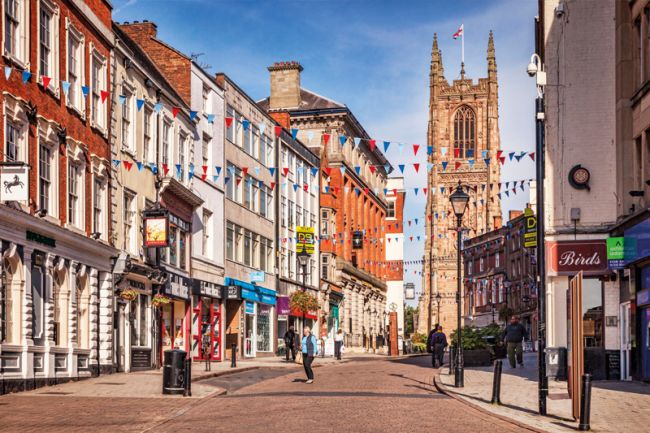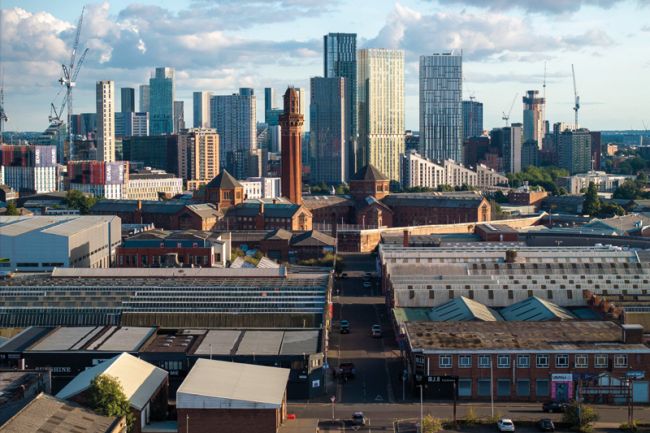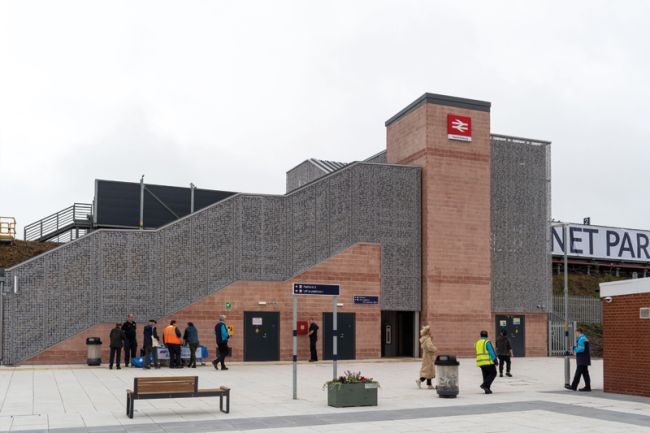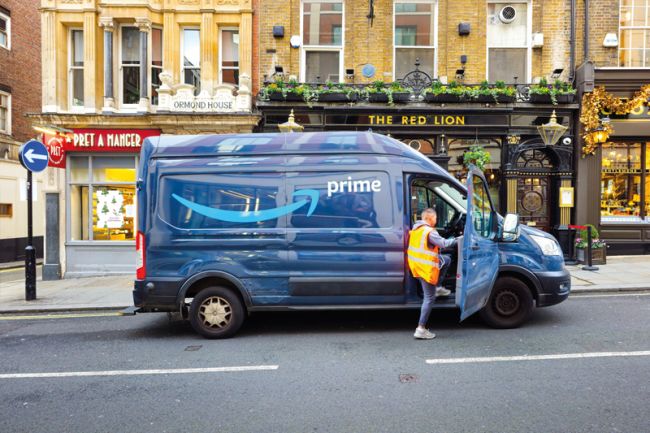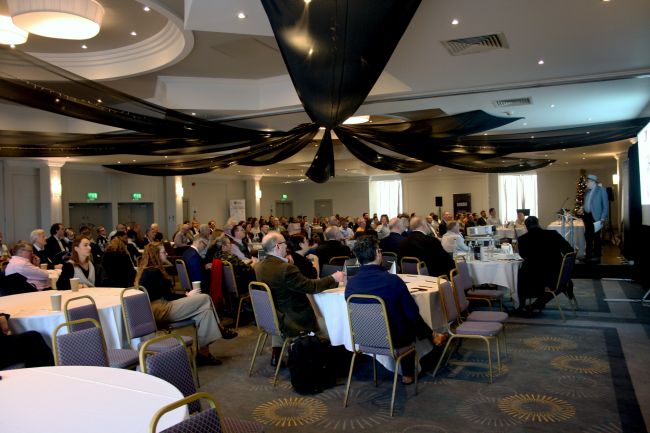The Better Buses Bill: How can buses help achieve wider policy goals?
The UK Government's new legislative agenda focuses on devolution and transport, highlighted by the Better Buses Bill.
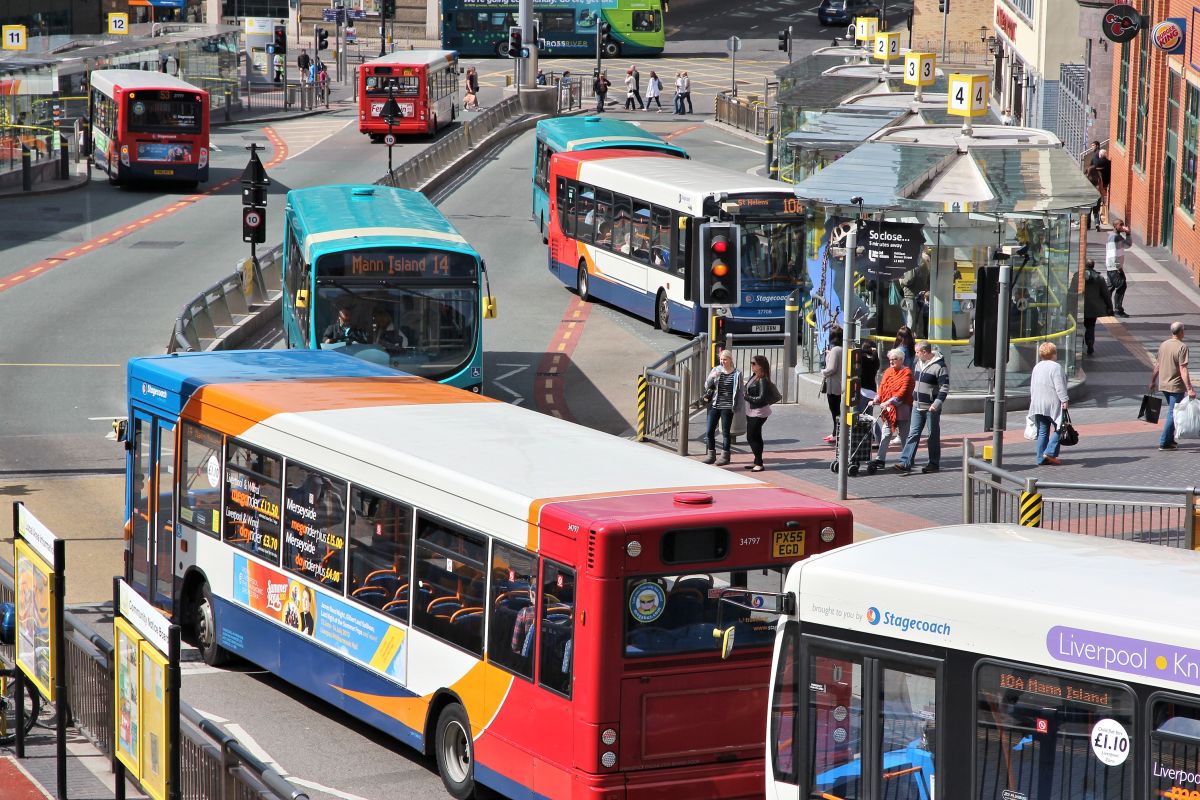
The new legislative agenda from the UK Government has a keen focus on both devolution and transport policy which come together in the form of the Better Buses Bill.
The bill will allow all local authorities to explore franchising, an option currently only open to Metro-Mayors, and aims to accelerate the process by which bus services can be brought under public stewardship. Citing buses as ‘the life blood of communities’ the bill is set to include measures that will hold private bus operators to account, ending the ‘postcode lottery’ of bus services across the country which has seen routes halved since 2010.
Franchising, sustainability and economic development
Earlier this year West Yorkshire Combined Authority joined Greater Manchester and the Liverpool City Region in applying the provisions of the Bus Services Act 2017 and starting the processes of bringing their bus services back under public control.
On West Yorkshire’s announcement Mayor Tracy Brabin welcomed franchising as a chance to create a ‘greener, joined-up and easier to use’ bus service for the region’s 2 million-plus strong population.
Her statement reflects the possibilities franchising holds as part of a toolkit to achieve wider aims. Decarbonisation is a key priority for most local authorities and franchising offers an important lever in the race to Net Zero. In an obvious sense franchising offers greater influence over procurement of zero-emission buses (ZEB), but greater control over route and capacity planning offers further opportunities to reduce private vehicle emissions including through transport demand management (TDM) and other measures.
Likewise at a time when Local Area Energy Planning (a whole system approach to mapping energy supply and demand by local authorities that includes transport) is a talking point, franchising and the enhanced systems planning it enables could play an important role. Publicly owned ZEB and charging facilities could be instrumental in a locally planned low-carbon energy grid of the future.
Tackling transport-related social exclusion, boosting access to good quality jobs, and housing development are other policy areas that could benefit in conjunction with greater control by authorities over bus services. Combined authorities are intrinsically linked to efforts to grow the regions of England outside London, and generally bear responsibility for economic and social regeneration in the UK’s former industrial heartlands. Franchising could be key to this effort, particularly in light of the new Government’s desire for Local Growth Plans.
Why were combined authorities and city regions leading on franchising?
Under the Bus Services Act 2017 bus franchising was only automatically available for Mayoral Combined Authorities, with the reasoning that an elected mayor is accountable for the decision and for the delivery of bus services.
Franchising in part works on the basis of being an exercise in economy of scale. The financial risk of franchising is such that sufficient service users are required so that revenues justify the expenditure. Specialist skills are required in areas such as procurement and contract management, and these often already present in larger combined authorities due to existing transport systems such as trams. In this way franchising is an exercise in building out from existing circumstances rather than creating something from scratch and the benefits can be proportionate to the costs of managing it.
Greater Manchester, West Yorkshire and the Liverpool City Region are all joined up urban centres with large populations and economies. Now franchising will be available to all areas suffering with poor bus services.
Benefits for voters and policy makers
For passengers the advantages of franchising are clear. Local leaders are democratically accountable and can be held responsible for the quality of their bus service, and anxiety and uncertainty associated with multiple service providers is removed. Franchising offers opportunities for the simplest fare structure and an integrated system that at a basic level combines buses, trams and trains but can even stretch to micromobility like bikeshares and e-scooters.
Meanwhile for local authorities franchising, if delivered successfully, offers a range of rewards. They can take control of revenue for the full range of services across their area, and make their own decisions of which services run – and not just which ones they need to step in and protect. They can likewise enjoy whole system control, allowing them to reap the social and financial rewards of, for example, TDM measures which encourage people onto buses to reduce congestion. A further benefit is preventing competition developing between council owned transit assets like trams and privately operated bus routes.
Franchising and Steer
Steer has considerable history in supporting local authorities achieve their transport and wider policy goals within the deregulated bus environment and of considering and implementing regulatory change to adjust the balance between private and public sector control of bus services. Our experience developing business cases related to franchising is unparalleled.
The emerging success of Greater Manchester may soon be replicated in Liverpool City Region and West Yorkshire, and we’re ready and willing to help any other authorities decide if this is the right choice for their area.
To learn more contact Steve Hunter, who leads our bus regulatory reform advisory practice.





